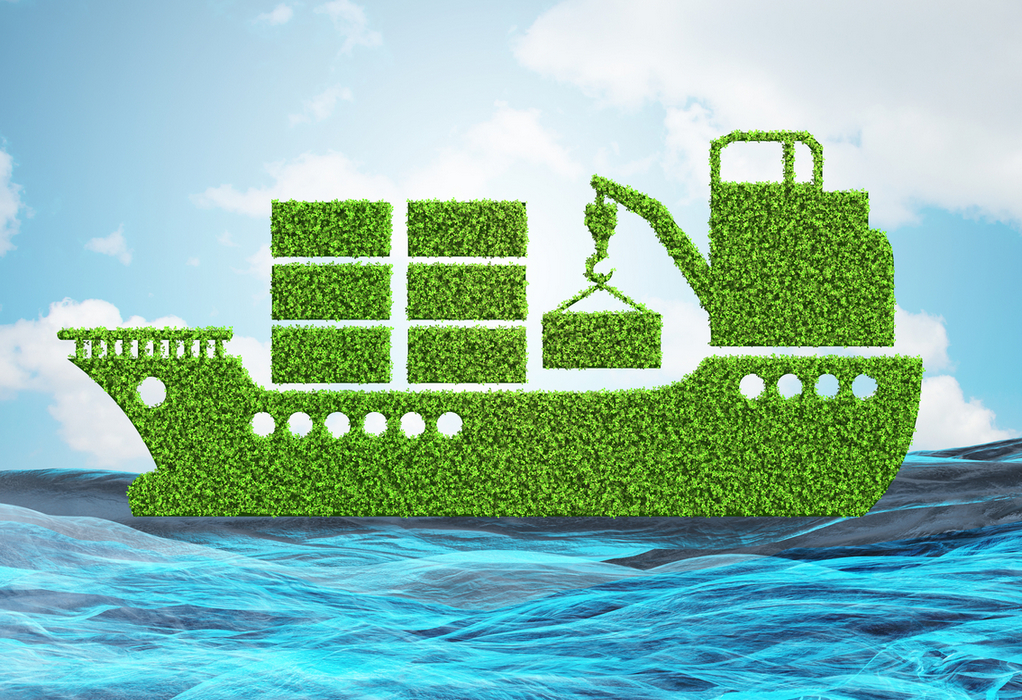Mediterranean Shipping Co (MSC) and freight forwarder DB Schenker have sealed a deal that aims to slash carbon emissions by using second-generation biofuels.
The arrangement covers 12,000 tonnes of biofuel component for all of DB Schenker’s consolidated cargo, LCL (less-than-container load), FCL (full-container-load) and reefer containers from MSC.
DB Schenker said the amount of biofuel, derived from used cooking oil, is enough to save an additional 35,000 tonnes of CO2 equivalents along the entire production chain, adding that the purchase agreement represents one of the largest carbon-insetting biofuel deals between a freight forwarder and a shipping company.
The equivalent of around 30,000 teu may be shipped with net-zero CO2 emissions, depending on how the fuel is used, DB Schenker noted. The biofuel component will be blended between 20% and 30%, resulting in approximately 50,000 tonnes of blended biofuel to be used in MSC’s containerships.
Tags: Biofuels, DB Schenker, FCL, LCL, MSC



Recent Posts
Chartered Speed expands its electric mobility footprint in Arunachal Pradesh
PSA International joins Global Centre For Maritime Decarbonisation as a strategic partner
MPA and NYK Group Advance Collaborative Efforts on Maritime Autonomous Surface Ship Trials
BIMCO drafts new clause to support biofuel use in time charters
Global Maritime experts attended India@Nor-Shipping – Maritime Partnership for a shared & sustainable future
India-Norway Dialogue Anchors on Sustainable Maritime Development
Sea cruise ships can now connect to shore power in Amsterdam
Corvus Energy partners with HD Hyundai Mipo for AiP on new green product tanker design.